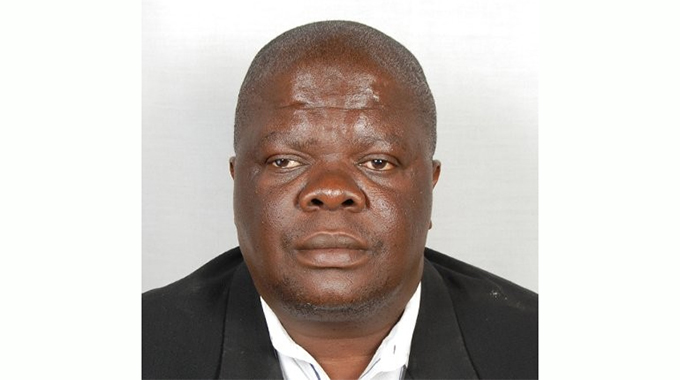Africa must increase its share of global seed trade – AFSTA

Sifelani Tsiko Agric, Environment & Innovations Editor
Africa must target to increase its share of the total global seed trade value through easing barriers to the movement of quality seed between countries on the continent and to those outside.
The call was made at the just-ended 23rd African Seed Trade Association (AFSTA) annual congress which was held recently in Dakar, Senegal.
“Listening to various speakers, some three major lessons came out of the meeting. Africa must up its game to claim a bigger stake in the trade sector, we are not worth the 2 percent contribution we currently contribute,” AFSTA communication officer Aghan Daniel said.
“Two, governments must ease seed movement across the continent. Three, seed companies in Africa must confront climate change henceforth.”
More than 300 delegates representing the global seed sector attended the meeting which ran from March 6 to 8 this year.
The congress, a gathering of top seed traders and producers deliberated on wide-ranging issues in the seed value chain – new and emerging scientific and technological innovations in seed production and trade including biotechnology, plant breeding innovation, seed treatment, phytosanitary measures, strengthening vegetable production through quality seed trade in Africa and updates on technologies for African agricultural transformation.
Market watchers say the global seeds market size is expected to grow from US$58,74 billion in 2022 to US$62,72 billion in 2023 despite disruptions from the Russia-Ukraine war.
Africa enjoys a tiny share of this market.
“We need a favourable regulatory policy environment to trade – including a simplified process of variety registration, affordable DUS trials and a favourable business environment to do business. We also need to strengthen regulation and enforcement of intellectual property rights and plant breeding,” said Dr Kulani Machaba, president of AFSTA.
“On infrastructure, we need to create a favourable environment for the private sector to invest through tax incentives and reduction of bureaucracy. On R&D investment, we need to create a favourable investment for companies to breed and test locally adapted varieties.
“On trade – removing technical trade barriers will make it easy to move seed within Africa.”
He also said Africa needed to promote the movement of quality seeds on the continent, to build partnerships and collaboration in the implementation of the harmonised seed regulations at regional economic communities such as COMESA, SADC, ECOWAS, and EAC
Improving collaboration with the Alliance for a Green Revolution in Africa (AGRA) and the African Union, and promoting the adoption of new and emerging technologies was also critical for the growth of Africa’s seed trade value.
AFSTA has made continuous efforts to improve the environment for the seed business through its five-year strategic plan with a view to meaningfully contribute to the promotion of the transformation of agriculture into an attractive, modern and sustainable livelihood option for communities throughout the continent.
At least 60 percent of the world’s arable land is in Africa, and about 200 million hectares unutilised on the continent, according to a 2019 Oxford Business Group report.
Crop production is forecast to rise by 30 percent from 2018 to 2027 according to a UN Food and Agriculture Organisation report released in 2018 while intra – Africa agricultural trade in 2018 was 15 percent.
Africa spent US$5 million on R&D in 2021, which is 0.5% of what was spent globally.
Despite its vast agriculture potential, Africa is still dependent on food imports from the rest of the world to satisfy its consumption needs.
Its food output has not kept pace with population growth.
Enhancing seed security and improving production of quality seed is touted as a solution to the continent’s food security position.










Comments